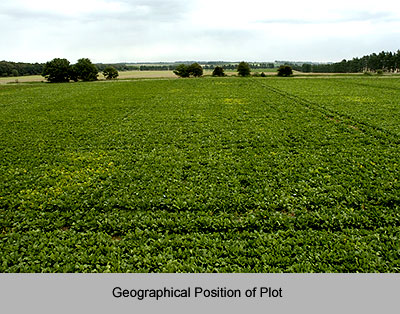 The place where one builds the house should be selected according to Vastu Shastra.
The place where one builds the house should be selected according to Vastu Shastra.
1) It is better to have downward slope in the east and the north directions of the plot.
2) It is auspicious to have rivers, drains, lakes etc. in the east and the north directions of the plot.
3) There should not be tall trees or constructions around the plot in the east and the north directions. Sun rays are prevented by them.
4) There should not be any valley or big pits around the plot adjacent to it.
5) If there are tall trees, constructions, hill, ridges or mountains on the west and the south direction of the plot they are auspicious. When the sun is going westwards the sun-rays are harmful. These structures prevent these rays. High hills or mountains on the east and the north direction of the plot are inauspicious.
6) There should not be any temple with its entrance in front of the house. If any temple is in front of the house, the divine power in the eyes of the idol may have terrible effect on the construction. If the temple is on the opposite side of the road (minimum 80 ft. wide) the entrance of the temple and the buildings do not face each other, and if, the eyes of the idol are not trained on the building, such plots can be purchased.
7) There should not be a blacksmith shop, a laundry, cobbler`s shop, meat shop or men and women involved in illicit works opposite the plot.
8) There should not be any workshops with mechanically revolving wheels, shops dealing in sharpening knives and scissors or a big garbage pot in front of the plot. Such plots should be purchased by removing them to other places.
9) There should not be dead ends around the building.
10) Water tank in the north-east direction of the plot is auspicious. But if the same is situated on the south- east direction, it can have some adverse effects.
11) No medium with jarring sounds should be near the house because the sound waves can have some adverse effect on the structure. Electric power house on the south- east side is very auspicious. However, if it is on the north side, it is inauspicious.









